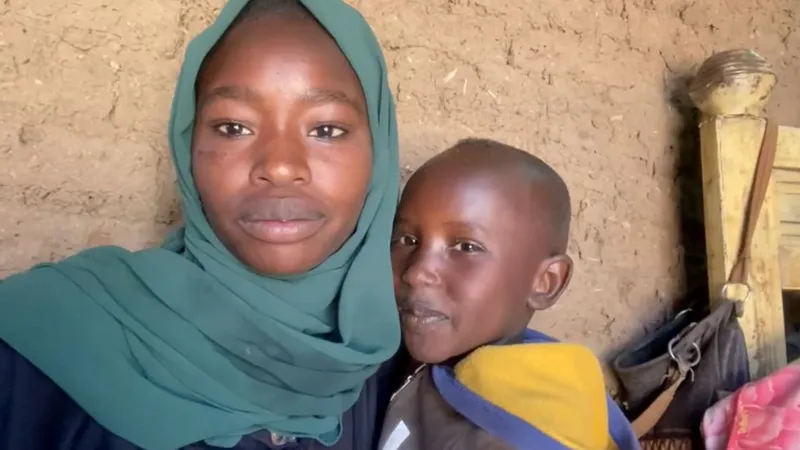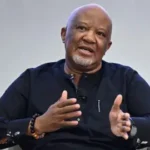In a world where the realities of war often unfold behind a veil of misinformation, the recent revelations by the BBC on Sudan’s Siege City offer a grim and vital insight into the human condition amidst conflict. This deep dive into the struggles faced by the residents highlights not only the immediate implications of famine and fear but also the broader socio-political complexities characterizing the region.
Sudan, a nation burdened by decades of conflict, has witnessed a severe escalation in violence since the outbreak of civil war in 2019. Cities such as Khartoum have become battlegrounds, with the Sudanese Armed Forces and various militia groups vying for control. In these circumstances, the civilians often bear the brunt of the conflict, stripped of access to basic necessities such as food, clean water, and medical care. The BBC, through its investigative journalism, has uncovered the dire situation facing residents trapped in these besieged cities.
The term “Siege City” refers to areas where humanitarian access has been severely restricted, often under the control of conflicting forces. The BBC’s reports depict harrowing accounts of individuals struggling to survive. Access to food has become a luxury for many, with families often resorting to desperate measures to satiate their hunger. Women and children, in particular, bear the heaviest burden, facing increased levels of violence and exploitation as they search for sustenance.
The evidence presented in the BBC’s coverage highlights a staggering increase in malnutrition rates. Health organizations report a significant upsurge in cases of severe acute malnutrition among children, with many at risk of starvation. Testimonies collected from local communities paint a chilling picture: children rummaging through garbage for scraps, families forced to skip meals, and the haunting knowledge that help may never arrive.
Moreover, these reports underscore the role of fear in shaping daily life within the besieged areas. Constant shelling and gunfire have transformed ordinary moments into sheer terror, with families living in perpetual anxiety. The psychological toll of sustained violence cannot be understated. Residents describe the constraints on their movements, with many too frightened to venture beyond their homes in search of food or assistance. The fear is compounded by the lack of reliable information; misinformation can spread rapidly, making it nearly impossible for residents to navigate the dangers surrounding them.
The BBC also sheds light on the response—or lack thereof—from the international community. Aid organizations face significant barriers in delivering assistance, hampered by both logistical challenges and active conflict. Bureaucratic red tape often delays humanitarian aid, exacerbating the already dire situation. Witness accounts revealed in the BBC’s report illustrate the frustration and helplessness felt by those attempting to bridge this tragic gap.
The consequences of ignoring this crisis are dire. Without immediate action, the situation will only worsen, leading to increased mortality rates, a breakdown of social order, and long-term psychological scars on future generations. As highlighted through the BBC’s investigation, raising awareness is crucial. The voices of the besieged must reach the ears of policymakers and humanitarian organizations, propelling change and support to where it is most urgently needed.
While Sudan’s Siege City may seem a distant situation for many, the stories of its inhabitants resonate with universal themes of resilience, survival, and the unyielding human spirit. The BBC’s groundbreaking coverage serves as a reminder that, even in the darkest of times, the struggle for survival continues—demanding our attention, empathy, and action.
In conclusion, the plight of those trapped in Sudan’s Siege City underscores a compelling narrative of human resilience amidst adversity. The evidence brought forth by the BBC compels us as global citizens to rally against the injustices faced by those enduring unimaginable hardship. Our collective awareness and response can make a difference—because no one should suffer in silence.
Email Us on editorial@nnafrica.com













